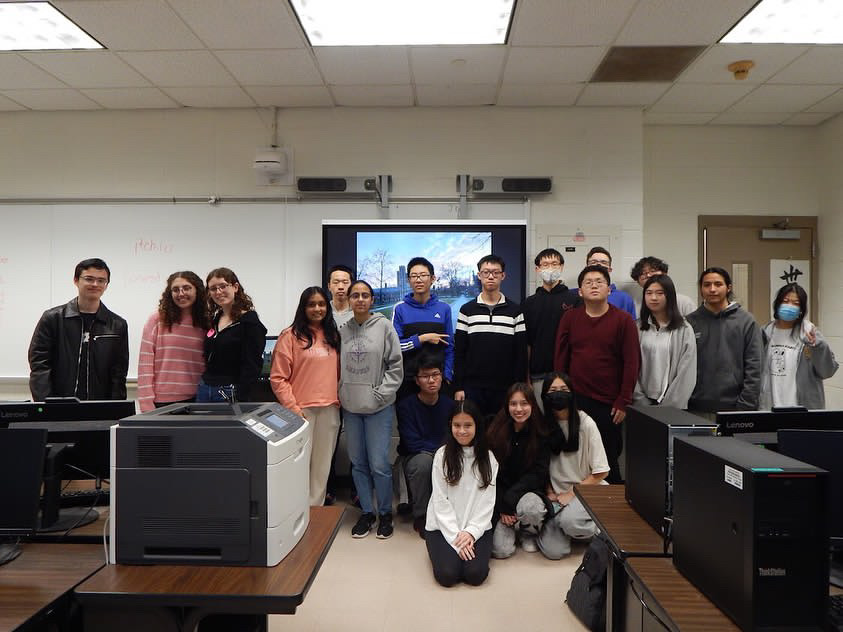
It really isn’t that difficult to tell an interesting baseball story—whether you’re gearing towards the sentimental, as Field of Dreams or the calculating and contemplative, which Moneyball managed to pull off in the not-so-long-ago 2011. Million Dollar Arm, the latest iteration of the sports movie, pulls its own twist on the formerly all-American genre, largely taking place in India, which is perhaps most emblematic of Hollywood’s globally-expanding industry. Jon Hamm steps into the mix, testing out how Don Draper might fare overseas.
Million Dollar Arm follows the real-life story of J.B. Bernstein, a formerly successful sports agent whose company is struggling to succeed against larger competitors in the business. He and his partner Aash (Aasif Mandvi) find themselves in an immediate need for a big client, the alternative closing their doors for good. After watching a game of cricket on television, J.B. realizes that the key to drafting players cheaply is not to recruit American baseball players, but Indian cricket players. He sets off to Mumbai with a hot-tempered baseball scout who can spot a good pitch in his sleep (Alan Arkin), and sets up the televised “Million Dollar Arm” event, which picks up major media traction throughout India, with children running after flyers in the street and the buzz of the opportunity for fame and wealth spreading everywhere. He takes two 18 year-old finalists back to America, Rinku (Suraj Sharma) and Dinesh (Madhur Mittal), but learns that throwing baseballs at a rate of ninety miles per hour doesn’t necessarily mean they’ve got the hang of the game—which is a problem, because they’ve got two weeks to do just that. All things come to indicate that the key to achieving this goal is J.B. learning to stop seeing the boys as business deals, and instead as a family.
If you’re a fan of baseball movies, then it’s likely that the only thing you’ll get out of this film is a new drinking game, “Spot the Cliché.” Your checklist should include “down-on-his-luck businessman learns the true meaning of family” “it’s all about loving the game,” “crotchety old man with a heart of gold,” and “the more I become a surrogate father, the more the spunky girl-next-door will fall in love with me.” It liquefies a meaningful and unique real-life story and pours it into a sports-movie mold—it’s hard to believe that the real story of J.B. Bernstein is so tailor-made for trite storytelling, and even more baffling that Disney would feel the need to reduce it such, when realistic depictions of India have proven artistically well-handled and successful in the American box office.
The most engaging parts of Arm are the initial scenes that take place in India. The few quick shots showing Rinku and Dinesh saying goodbye to their parents have more emotional draw than the rest of the production put together, because they captured—albeit two-dimensionally—a family dynamic that isn’t often explored in mainstream American cinema. Jon Hamm is infinitely unappealing in the lead role, but perhaps that’s because the idea of his character in the central role at all is what’s unappealing. The rest of the film takes place from J.B. Bernstein’s perspective, which doesn’t make any sense whatsoever. We’ve seen the point of view of the sports agent before, and they’ve been done better.
What we don’t get to see is the story of two 18 year-old boys travelling 7,000 miles from home. The film is given the opportunity to explore the idiosyncrasies of cultural diffusion authentically, but foregoes that route for the tired and forgettable one, which would be a completely excusable crime; what the film can’t be excused for, however, is the irresponsible and offensive treatment of its Indian characters, which becomes a problem. The film finds its white savior in Jon Hamm, subjugated comic figures in its Indian ones and setting, and the result is painful to watch. More can be said about its dismissal of the dichotomy of love and hate in Indian culture, which Danny Boyle conveyed so well, and as did Katherine Boo more recently, but that’s a complex idea from which a Disney movie gets a pass. Had it been carried it out well—and it had all of the materials at its disposal to do so—it would have been fantastic.
Glimmers of the raw potential of the engaging true story that inspired it occasionally shine through, but ultimately Million Dollar Arm is outpitched by superior baseball films, and even more disappointingly, much better depictions of modern Indian culture.





























